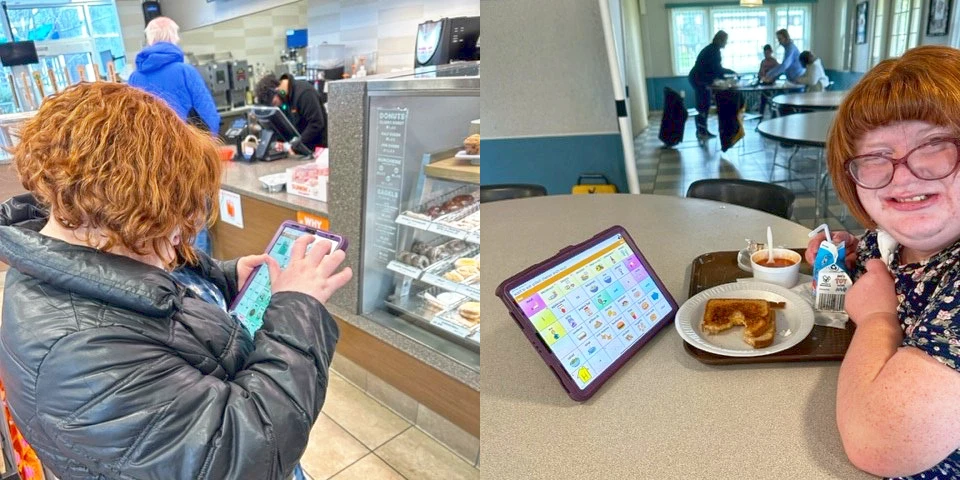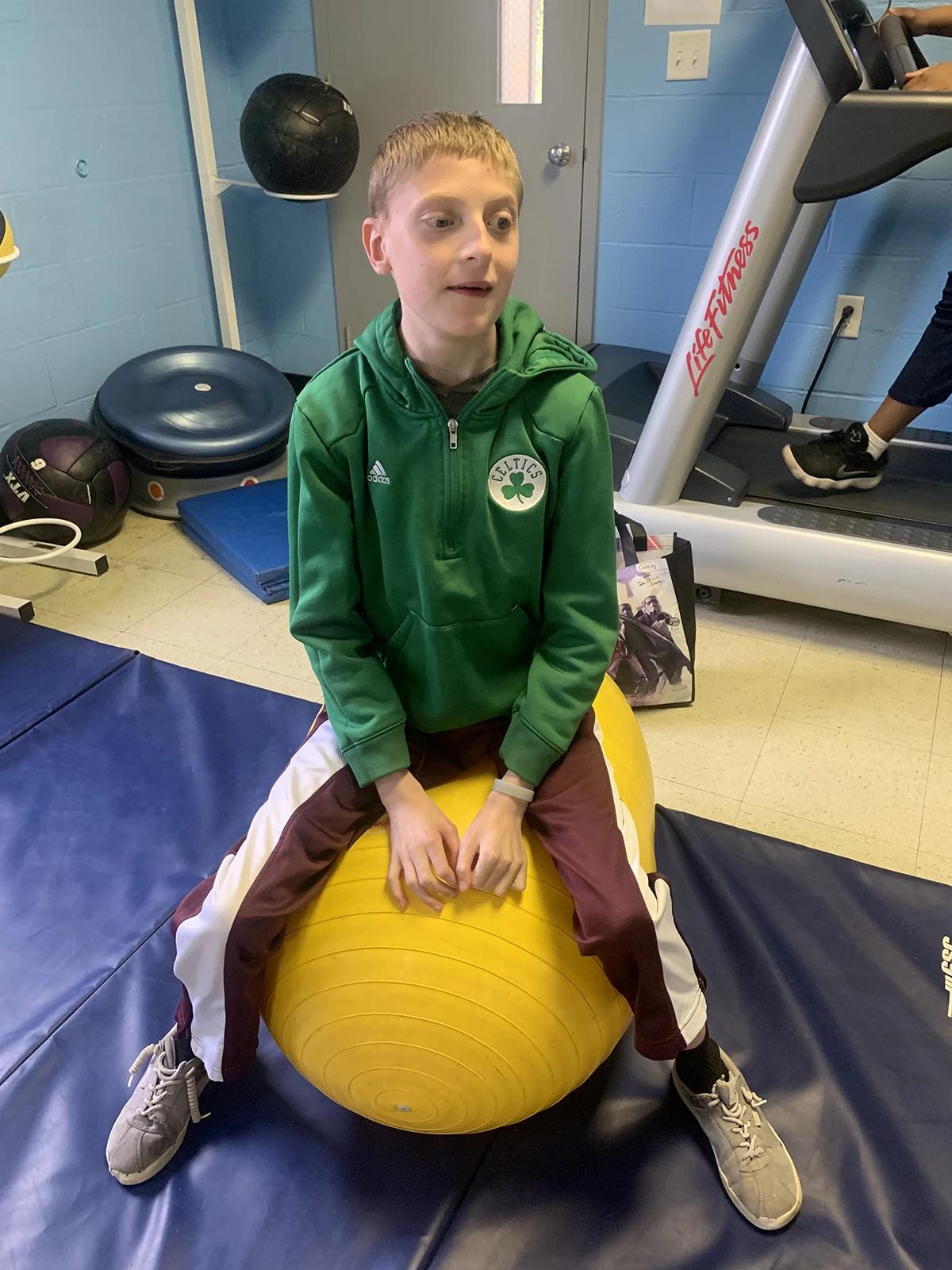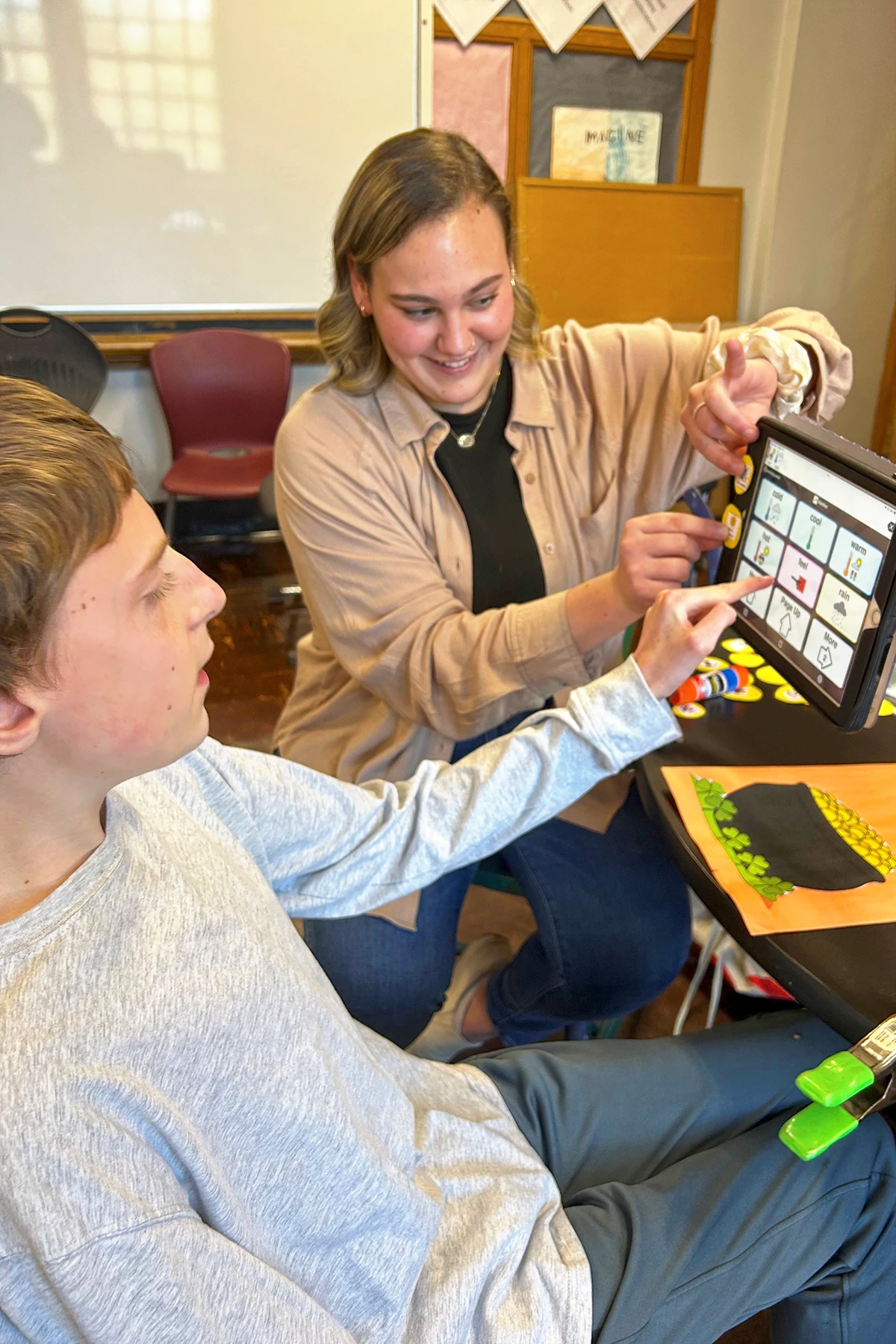IEP Services
We strive to provide functionally based, evidenced-based therapeutic intervention that best meets the varied needs of the individual students we support.
Therapy at Cardinal Cushing Centers may occur within the context of a vocational site, residential unit, community-based activity, in the classroom, or within a therapeutic environment to better promote and support a student’s success and independence.
Consultation may be provided by our Assistive Technology Specialist.
Once our Team determines the needs of each student, his or her educational program may reflect inclusion within our integrated model to support the student’s IEP.
To that end, a student’s plan may include a therapeutic trial of service, individual and/or small group therapy, consultation to all areas of his/her program, mealtime monitoring, Activities of Daily Living (meal preparation, cooking, hygiene, and/or community skills) and vocational support.
Occupational Therapy
The focus of the Occupational Therapy Department is to promote independence in functional skills such as self-care, fine motor, and visual/perpetual skills. We address sensory integration, vision, safety, activities of daily living (e.g. showering, cooking, dressing, eating, modifications to work environment, energy conservation, and/or use of adaptive equipment). Using therapeutic techniques and equipment, strategies are incorporated into all areas of a student’s program to promote self-regulation, calmness and body organization.
In its simplest terms and as defined by the American Occupational Therapy Association (AOTA), occupational therapists and occupational therapy assistants help people across the lifespan participate in the things they want and need to do through the therapeutic use of everyday activities (occupations). Common occupational therapy interventions include helping children with disabilities to participate fully in school and social situations, helping people recovering from injury to regain skills, and providing supports for older adults experiencing physical and cognitive changes.
Occupational therapy is a science-driven profession that applies the most up-to-date research to service delivery. Evidence supports the effectiveness of adding an occupational therapy practitioner to your patients’ or clients’ treatment plan. According to systematic reviews from AOTA’s Evidence-Based Practice Occupational Therapy Practice Guidelines, evidence shows that the following occupational therapy interventions improve client outcomes. These interventions are used as part of a broad approach that considers the patient’s performance skills (motor, process, social interaction); activity demands; performance patterns (habits, routines, rituals, roles); and contexts and environments.

Assistive Technology
Our Assistive Technology (AT) Specialist examines and identifies student needs in the following areas: computer access, reading, writing, math, learning & studying, communication, hearing, vision, mobility, seating & positioning, environmental control, and recreation & leisure. Once student needs have been identified, our AT Specialist ensures that each student has the proper supports and tools they need to access the curricula. These tools range from iPads and communication devices to special keyboards, mice and remote controls.
Our AT Specialist completes evaluations and consultations, coordinates the acquisition of assistive technology, integrates technology into classrooms and learning environments, provides key training to students and their teams, and provides technical assistance.
Our AT Specialist ensures that students with physical disabilities can better navigate our community, employing tools such as ramps, automatic door openers and Braille signs.
Background Information
Assistive technology devices and services were first defined in federal law in the Individuals with Disabilities Education Act of 1990 (Public Law 101-476). These definitions remained unchanged until 2004 with the passage of the Individuals with Disabilities Education Improvement Act (Public Law 108-446), when an exemption to the definition of an assistive technology device was added to clarify a school system’s responsibility to provide surgically implanted technology such as cochlear implants.
Assistive Technology Device: Assistive technology devices are identified in the IDEA 2004 as:
Any item, piece of equipment or product system, whether acquired commercially, off the shelf, modified, or customized, that is used to increase, maintain, or improve the functional capabilities of children with disabilities. The term does not include a medical device that is surgically implanted, or the replacement of such device. (Authority 20 U.S.C. 1401(1))
Although the IDEA uses the term “device,” it is important to recognize that assistive technology devices required by students with disabilities include hardware and software as well as stand-alone devices.
Physical Therapy
The focus of the Physical Therapy Department is to promote functional mobility and safety across all settings. Addressed may be activities to increase strength, function, balance, safety, mobility, endurance, energy conservation, body mechanics, fitness, community access and travel training.
As taken from the American Physical Therapy Association (APTA), “Physical therapists are health care professionals who help individuals maintain, restore, and improve movement, activity, and functioning, thereby enabling optimal performance and enhancing health, well-being, and quality of life. Their services prevent, minimize, or eliminate impairments of body functions and structures, activity limitations, and participation restrictions. Physical therapy is provided for individuals of all ages who have or may develop impairments, activity limitations, and participation restrictions related to (1) conditions of the musculoskeletal, neuromuscular, cardiovascular, pulmonary, and/or integumentary systems or (2) the negative effects attributable to unique personal and environmental factors as they relate to human performance.
Physical therapists play vital roles in today’s health care environment and are recognized as essential providers of rehabilitation and habilitation, performance enhancement, and prevention and risk-reduction services. Physical therapists also play important roles both in developing standards for physical therapist practice and in developing health care policy to ensure availability, accessibility, and optimal provision.”
The physical therapy profession recognizes the use of evidence-based practice (EBP) as central to providing high-quality care and decreasing unwarranted variation.

Partnerships
Cardinal Cushing Centers has partnered with Hanger Orthotic Clinic to provide an orthotic clinic at our Hanover campus. Our goal is to provide assistance for our students who may benefit from extra support at their feet. Students at Cardinal Cushing are very active during their school and vocational activities. At times, students may need this extra support due to their foot structure, alignment, muscle tone, or gait pattern.
By providing an orthotic clinic on campus, our hope is to assist students and families who live far from campus or whose students may have difficulty attending medical appointments for a variety of reasons. Optimal foot alignment is the foundation for movement. Having a stable base helps to prevent injury, provide comfort, and maintain an active lifestyle. Orthotics can alleviate areas of pain and accommodate or correct deformities to improve overall alignment of the foot and ankle. The ultimate goal is to stop discomfort, pain or injury before it occurs.
Hanger Clinic is the largest prosthetic and orthotic provider in the world and luckily has two local clinicians, Brian Heckathorn CPO and Anne Rowell MS, OTR/L, CPO who will be providing assessments with physical therapy clinicians here at our Hanover school.

Speech Language
The focus of the Speech language Department is to promote functional communication skills across all settings, to include on and off campus. Addressed may be alternative/augmentative communication, understanding and use of language, hearing, safe swallowing, and social skills.
Speech-language pathologists, as defined by ASHA, are professionals who hold the ASHA Certificate of Clinical Competence in Speech-Language Pathology (CCC-SLP), which requires a master’s, doctoral, or other recognized post baccalaureate degree. ASHA-certified SLPs complete a supervised postgraduate professional experience and pass a national examination as described in the ASHA certification standards, (2014). Demonstration of continued professional development is mandated for the maintenance of the CCC-SLP. SLPs hold other required credentials where applicable (e.g., state licensure, teaching certification, specialty certification).
Support personnel in speech-language pathology, or speech-language pathology assistants (SLPAs), perform tasks as prescribed, directed, and supervised by ASHA-certified speech-language pathologists (SLPs). Support personnel can be used to increase the availability, frequency, and efficiency of services.
